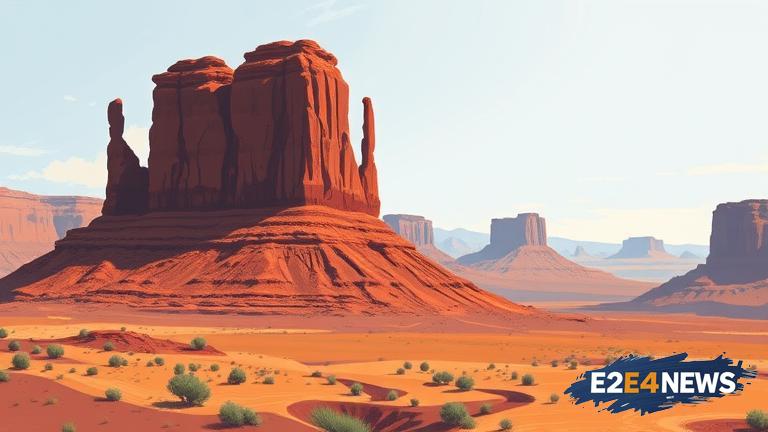The state of Utah is contemplating a lawsuit to reclaim control over its public lands, which are currently managed by the federal government. This move has sparked a heated debate between conservationists, state officials, and federal agencies. The issue at hand is the management of over 30 million acres of public land in Utah, which includes national parks, forests, and wildlife refuges. Proponents of the lawsuit argue that the state can better manage these lands, citing concerns over economic development, resource extraction, and recreational access. On the other hand, conservationists and environmental groups are worried that state control could lead to the exploitation of natural resources, degradation of ecosystems, and loss of biodiversity. The federal government has traditionally managed public lands to balance competing interests, but Utah officials claim that this approach has hindered the state’s economic growth and limited public access. The lawsuit, if filed, would likely invoke the concept of ‘equal footing doctrine,’ which suggests that states should have the same rights and powers as the federal government when it comes to managing public lands. However, this doctrine has been interpreted in different ways by courts, and its application in this context is uncertain. Utah’s effort to reclaim control over public lands is not unprecedented, as other western states have made similar attempts in the past. Nevertheless, the outcome of such a lawsuit would have significant implications for the management of public lands, not just in Utah but across the country. Conservationists are concerned that state control could lead to the leasing of public lands for oil and gas development, mining, and other extractive activities, which could harm the environment and compromise the integrity of ecosystems. Furthermore, the transfer of control could also affect the rights of indigenous communities, who have traditionally used these lands for cultural, spiritual, and subsistence purposes. The debate over public lands management is also closely tied to the issue of climate change, as the conservation of these areas can help mitigate its effects by preserving carbon sinks, protecting wildlife habitats, and promoting sustainable land use practices. In addition, the management of public lands has significant economic implications, as these areas generate revenue through tourism, recreation, and resource extraction. As the situation unfolds, it is essential to consider the long-term consequences of Utah’s actions and the potential impact on the state’s natural resources, economy, and communities. The federal government has a critical role to play in this debate, as it must balance the competing interests of states, conservationists, and industry stakeholders. Ultimately, the outcome of this controversy will depend on the ability of stakeholders to find common ground and develop a management approach that balances economic, social, and environmental considerations. The lawsuit, if filed, would likely be a lengthy and complex process, involving multiple court hearings, expert testimony, and negotiations between state and federal officials. As the stakes are high, it is crucial for all parties involved to engage in a constructive dialogue and work towards a solution that prioritizes the long-term conservation and sustainable use of Utah’s public lands.
